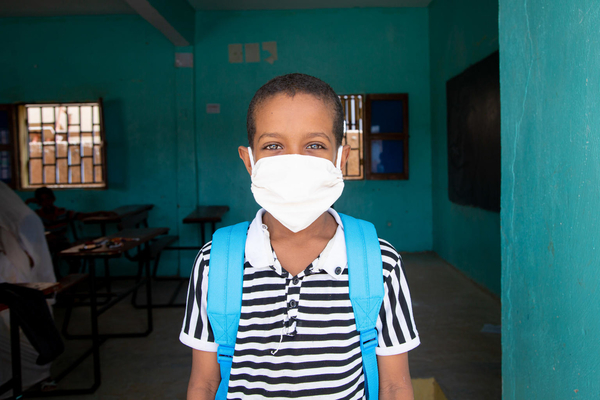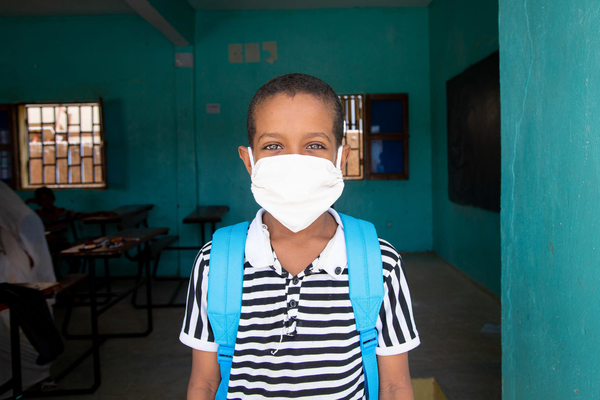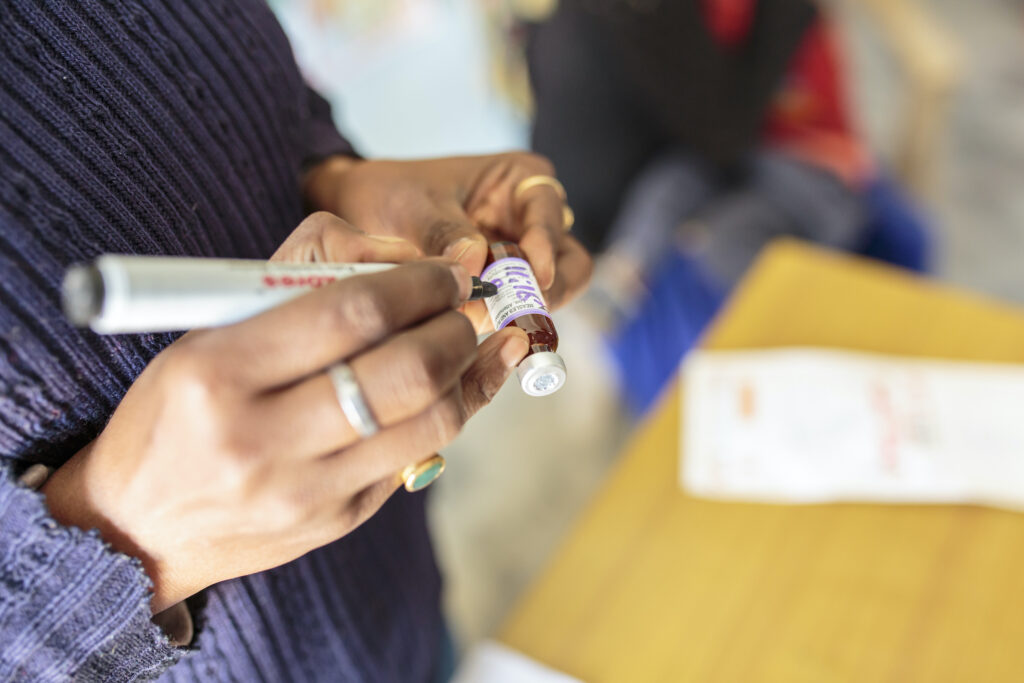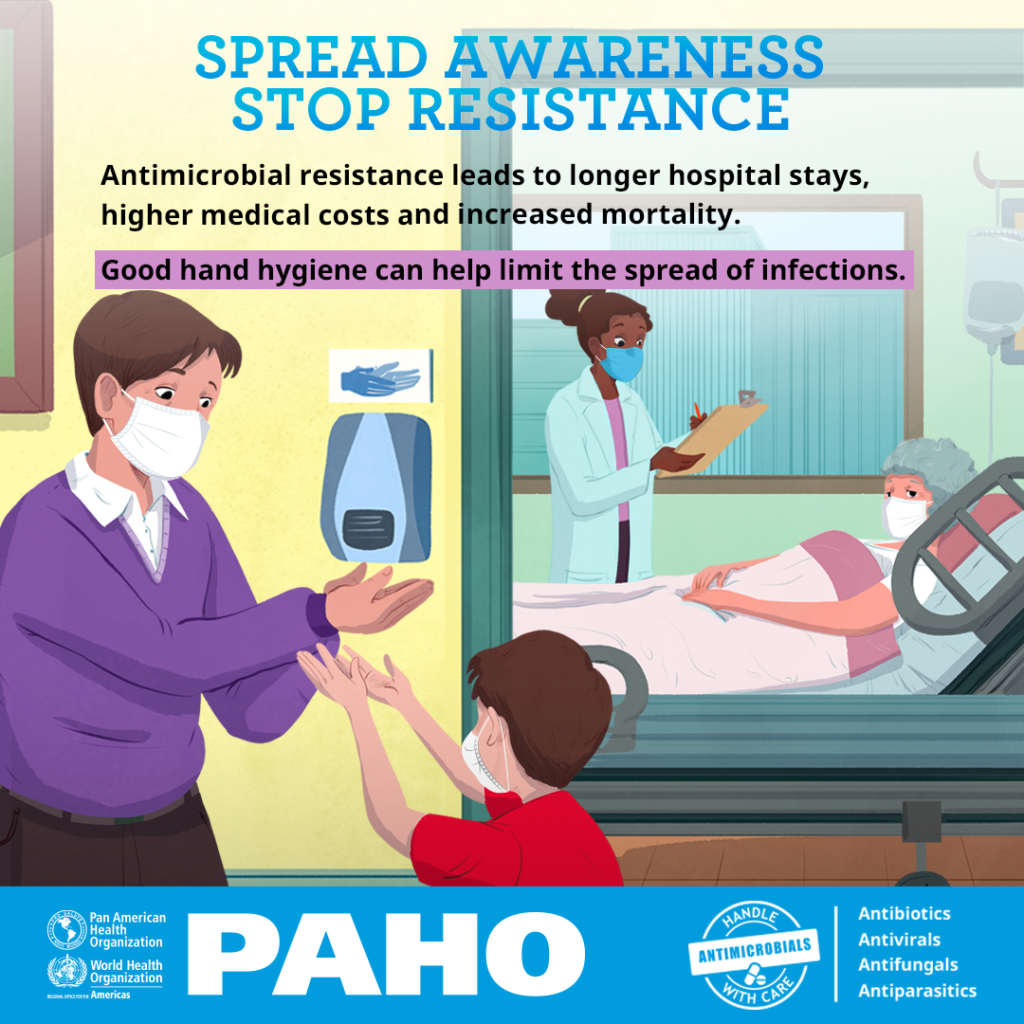Handle with Care: World Antimicrobial Resistance Awareness Week 2021
This week marks the starts of Antimicrobial Resistance Awareness Week, a time to reflect on the impact of one of the top 10 global public health threats.

What is Antimicrobial Resistance?
Antimicrobial Resistance (AMR) is one of the top 10 global public health threats facing humanity, according to the World Health Organization. Antimicrobials are medicines, such as antibiotics and antivirals, used to prevent and treat infections. Antimicrobial resistance occurs when bacteria, viruses, and parasites change over time and no longer respond to medicines or treatments. This makes infections harder to treat and increases the spread of diseases, the risk of severe illnesses, and even death.
AMR naturally occurs over time, but as diseases are evolving in our increasingly interconnected world, it is accelerating due to the misuse and overuse of antimicrobials. Now, the emergence and rapid global spread of superbugs – strains of bacteria that developed the ability to resist commonly prescribed antibiotics – is especially alarming. In short, antibiotics are becoming ineffective. Even though new antibacterials are strongly needed, there are few of them currently in clinical development, and many countries already lack access to existing quality antimicrobials. Furthermore, if people do not change the way antibiotics are used and prescribed, all future antibiotics will end up as the current ones: ineffective.
Without effective methods of prevention of drug-resistant infections, and an improved access to existing and future quality antimicrobials for all countries, the number of people who die of infections will tragically increase. Antimicrobials need to be handled with care.
The Impact of COVID-19 on AMR
The COVID-19 pandemic has increased the prevalence AMR, according to a survey by WHO. Part of the current problem is a lack of funding and regulation in many countries, with only 33% of nations claiming to have guidelines for the implementation of antimicrobials in healthcare settings.
The Pan American Health Organization warned that the world could be moving into another “hidden pandemic” of AMR, as the overuse of antimicrobial medicines has risen to unprecedented levels during the COVID-19 pandemic. In fact, across North and South America, a large majority of hospitalized COVID-19 patients were given antimicrobials for treatment, but only 7% had an infection that warranted the use of such drugs.
To combat AMR, governments need to invest in more ways of addressing drug-resistance, as well as prepare for more infectious outbreaks of antimicrobial-resistant diseases.
The Impact of Vaccines on AMR
While antibiotic development is declining, vaccine technology has been growing over the years. Multiple studies show that vaccines can reduce the emergence and spread of AMR both directly and indirectly. First, vaccines can directly reduce the need for antibiotic use against a disease – the best documented example for this is the pneumonia vaccine. As bacterial pneumonia is treated with antibiotics, the vaccine prevents the disease from occurring, thus directly reducing the usage of antibiotics in its treatment.
Immunizations also affect AMR by preventing viral infections. Studies showed a reduction in antibiotic prescriptions in influenza patients who were vaccinated with the influenza vaccine, as it prevented “super infections” that could lead to inappropriate antibiotic use.
Furthermore, in some cases vaccines have led to the elimination of diseases in different regions, such as measles and rubella. Vaccines are a crucial step in combating antimicrobial resistance, so investing in them should be a priority.
World AMR Awareness Week
To increase awareness of AMR and to encourage best practices among the general public as well as the healthcare setting, the world annually celebrates World Antimicrobial Resistance Awareness Week.
This year, it is being held between November 18 and November 24, and the theme for 2021 is: “Spread awareness, stop resistance.” This theme is meant to encourage the public to be advocates for AMR in their own communities – be it families, neighborhoods, or places of work. It is important to increase knowledge about what AMR is and to spread awareness on individual and community actions that can affect the control and spread of AMR.
AMR needs to be seen globally as one of the biggest health threats that is affecting our communities, the environment, and future generations to come.



